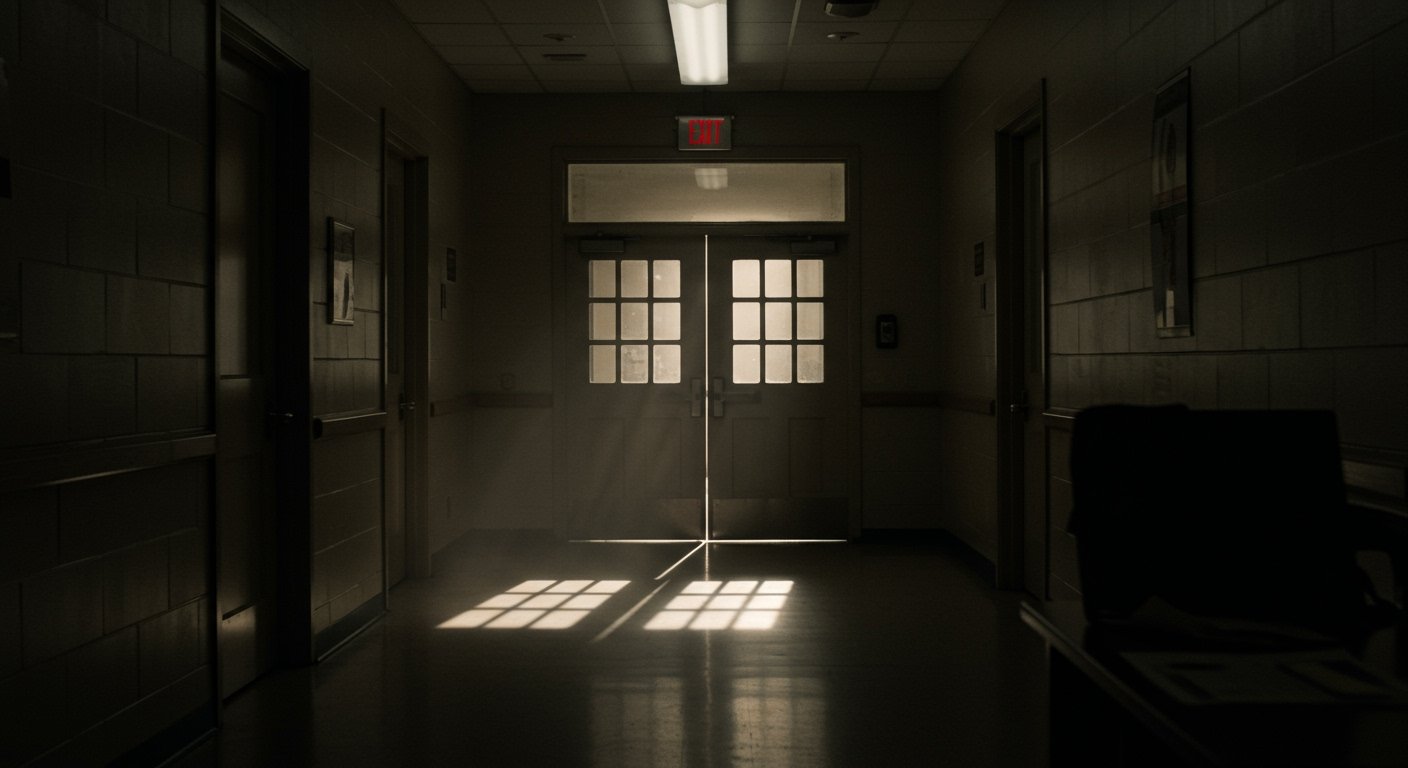The moral landscape of the United States is undergoing a significant transformation, with American adults exhibiting increasingly permissive views on a range of behaviors, even as a deep political divide colors societal interpretations of these shifts. Recent analyses of national opinion trends reveal a complex picture where long-held norms are being re-evaluated, leading to evolving acceptance across various aspects of American culture.
The Broadening Acceptance of Social Behaviors
Over the past several decades, a marked trend indicates a growing moral acceptability for many behaviors that were once considered taboo. Data consistently shows a significant increase in the perceived moral permissibility of numerous issues. For instance, views on having children outside of marriage and engaging in sex between unmarried individuals have seen substantial shifts toward greater acceptance, with a majority of Americans now finding these behaviors morally acceptable. Similarly, the acceptance of divorce has risen, reflecting a societal move towards individual choice in personal life decisions.
Gambling and Pornography: Trends in Focus
Specific behaviors like gambling and pornography illustrate the dynamic nature of American moral attitudes. The acceptance of gambling, including casino and sports betting, remains robust and has reached new heights. Reports indicate that nearly 90% of Americans find casino gambling acceptable, with personal acceptance hitting an all-time high in recent years. Sports betting, in particular, is viewed by a vast majority as a legitimate form of entertainment. In contrast, pornography has also seen a notable increase in moral acceptance, particularly among younger demographics and Democrats. While older generations and Republicans tend to hold more conservative views, the overall trend suggests a gradual normalization and increased permissiveness regarding adult content.
The Deepening Political Chasm
A defining characteristic of contemporary American society is the profound divergence in moral values based on political affiliation. Democrats generally express greater acceptance of a wider array of moral and values issues compared to Republicans. This gap has widened on numerous fronts, with Democrats increasingly embracing certain social norms while Republicans often maintain more traditional stances, particularly on issues like the death penalty and medical testing on animals. This partisan polarization extends beyond specific issues, reflecting deeper divergences in core values, where liberals may prioritize equality and care, and conservatives may emphasize loyalty and authority.
Generational Shifts and Cultural Influences
Generational differences play a crucial role in these evolving attitudes. Younger Americans consistently demonstrate higher levels of moral acceptance across various behaviors compared to older generations. This generational replacement, coupled with broader cultural shifts influenced by media, technology, and changing social movements, contributes to a society where traditional moral frameworks are increasingly being challenged and adapted. The digital age, in particular, has made many previously private or less accessible behaviors, such as pornography, more ubiquitous, influencing perceptions and acceptance.
The Paradox of Perceived Moral Decline
Despite the increasing acceptance of specific behaviors, a persistent paradox emerges: a significant majority of Americans perceive the nation’s moral values as being in decline or weak. This sentiment is widespread across different demographics, though more pronounced among older adults and Republicans. This perception highlights a disconnect between the increasing acceptance of individual behaviors and a broader concern about the state of societal morality, often fueled by political rhetoric and a sense of societal fragmentation. The national conversation about morality is thus marked by this duality—a growing permissiveness in practice and a pervasive feeling of moral erosion.
Navigating a Changing Moral Compass
The evolving trends in American adults’ acceptance of moral and values behaviors paint a complex picture of a society in transition. While specific behaviors are becoming more normalized, the interpretation and societal impact of these changes remain deeply influenced by political ideology and generational perspectives. Understanding these dynamics is crucial for navigating the future of American culture and society, as these shifts continue to shape national discourse and collective values.












